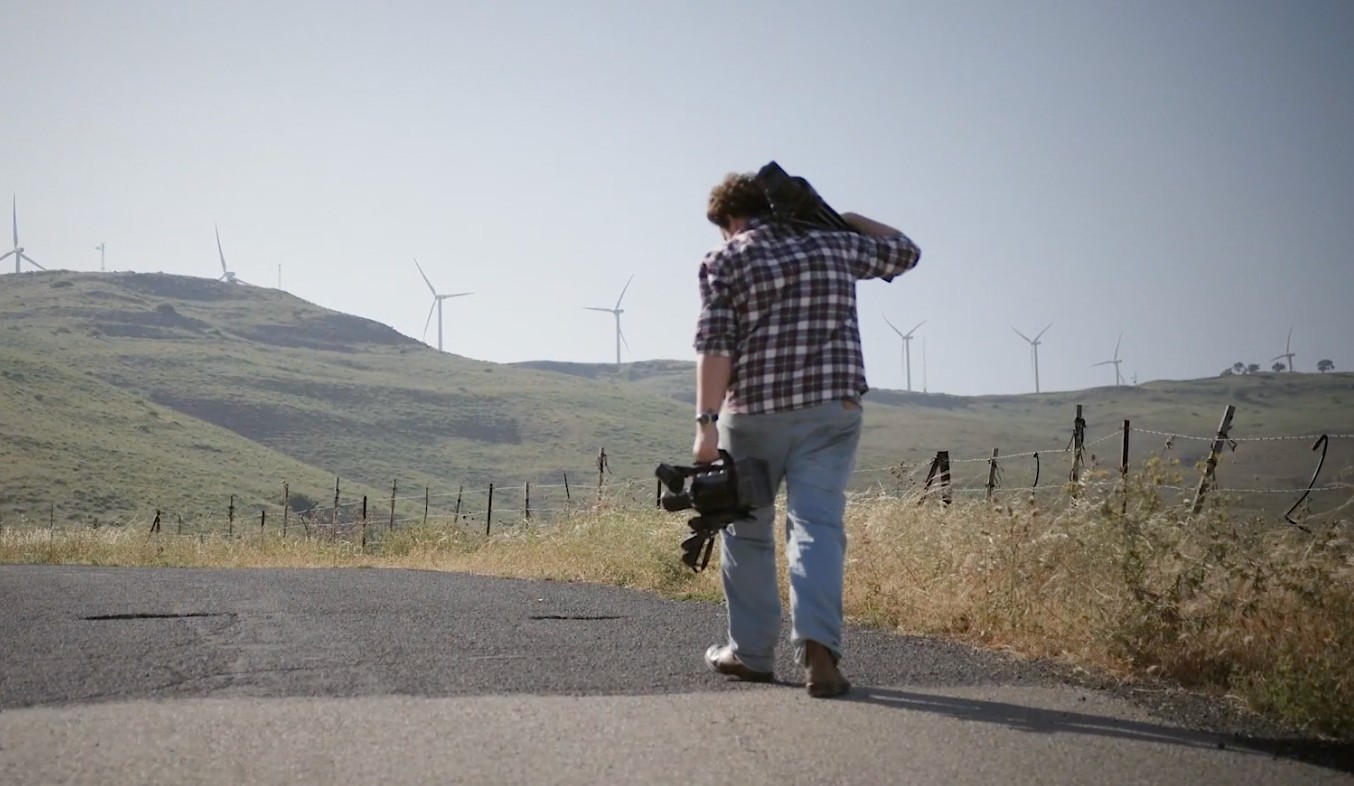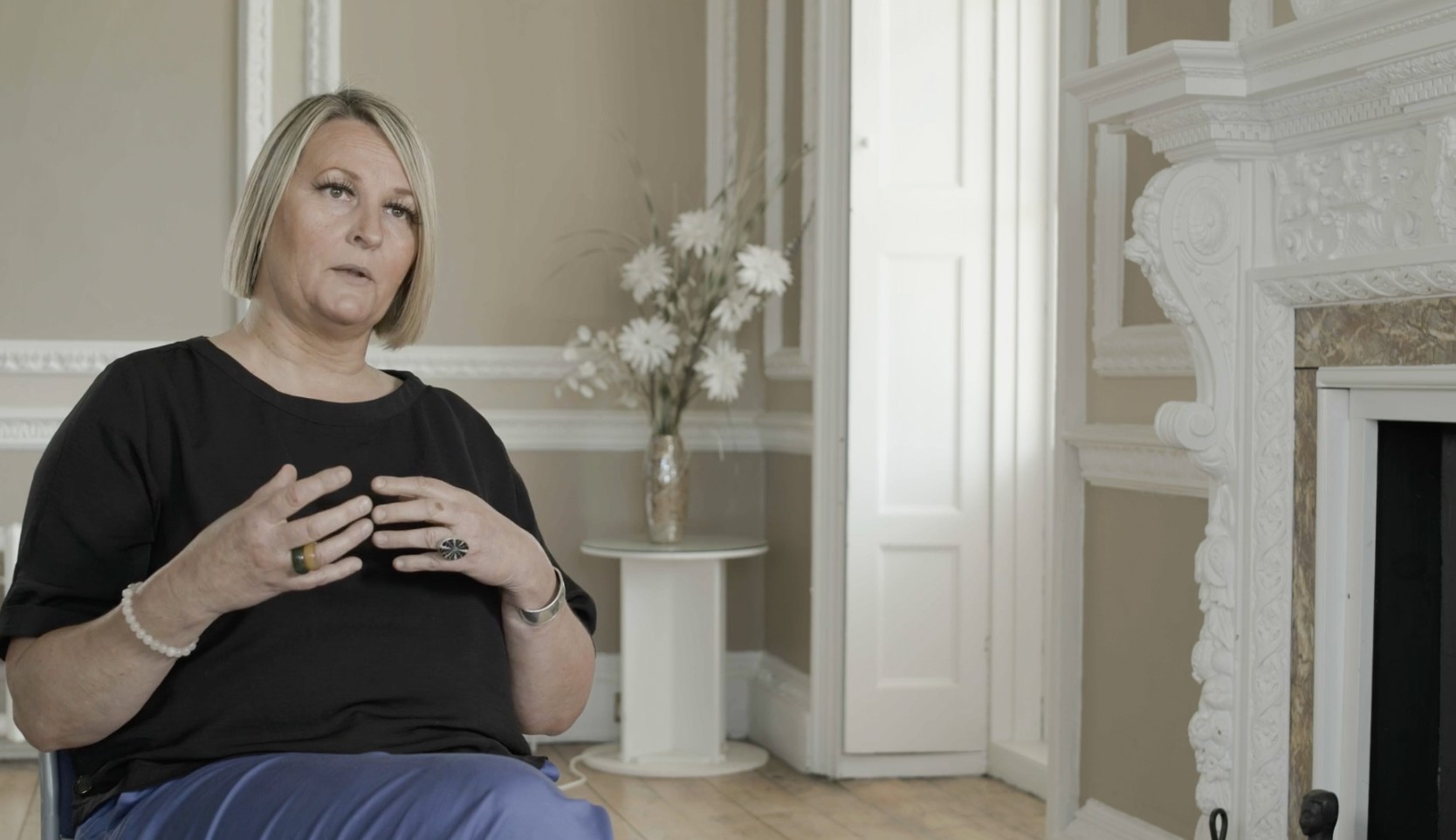A great documentary inspires action.
“A good doc, in my opinion, must have the following: a subject anchored in a local story that is universal; a story arc comprising a seductive opening, a taut rising action, an unexpected but mind altering climax, a hopeful but not maudlin denouement; unforgettable characters who reveal everything and are “real”; a visually stunning backdrop that mirrors the emotional stakes; a short end credit roll.
–Paul Cowan, director (Paris 1919, Westray)
One of the greatest filmmakers of our generation, Steven Spielberg, said:
“documentaries are the greatest way to educate an entire generation that doesn’t often look back to learn anything about the history that provided a safe haven for so many of us today.”

How To Make A Good Documentary Great
1. A great documentary is only as good as the research behind it.
A topic may appear self-evident and straightforward. A great documentary digs deeper with the intention of presenting the subject matter in a new, thought-provoking or emotionally stirring way. Research will reveal new sides to the story, or new ways to tell it. It will also protect from hearsay, gossip, and lies.
2. The better the planning, the better the production.
Pre-production preparation is an absolute must. Create a story outline. This will inform the shots. Shooting is quicker knowing the shots required; there are also fewer edits. The outline includes the assets that will be required including talking head-shots, B-roll, interviews, voice-overs, narration.
3. Invest in the introduction.
As with any content vying for the audience’s attention, the first 10-seconds must work hard, fast and cleverly to get the viewer to watch further. Attention spans are short and without a hook, the viewer is likely to find something more interesting to watch.
4. Sound is an essential part of the story.:
Sound is not an add-on. It is intrinsic to creating an immersive experience for the viewer. Sound effects, music, narration, voice-overs all help tell a better story. Sound design creates mood, emotional connection, anticipation, and urgency.
5. Interviewing is a skill.
Even in the time of the selfie and social media, cameras can make people nervous. Interviewing takes patience and compassion. Don’t rush it. The audience will notice if the interview is forced or fake, and the credibility of the documentary will be compromised.
6. Keep it short.
A documentary should be as long as it takes to tell the story, and not a second longer. This requires discipline, both in the pre-production stage when preparing the outline, shot, and list of interviews, and in the post-production phase when the footage is chosen and combined into the final product.
7. Why should someone watch it?
This is the fundamental consideration when making a documentary. If nobody watches it, what was the point of going to the trouble of creating it? It comes down to choosing a relevant topic, presenting the subject matter in a unique way, pitching the content at the right audience, creating an engaging film that is informative, educational or inspiring, and the quality of the production.
8. Quality. Quality. Quality.
Poor sound, bad pacing, boring footage – an amateur video is immediately apparent. When the production quality is bad, then the subject that is being championed won’t get the attention and respect that it deserves. Inconsistent messaging creates confusion when what is needed is a clear understanding of what is at stake. Inadequate research throws the validity of this documentary (and any other you may make subsequently) into question.
Why The World Needs More Quality Documentaries
To help us face the facts
As an antidote to fake news, influencer marketing, and mind-numbing videos, the documentary shows how the world really works, not how we think it works – If we thought about it at all. It exposes wrongdoing and injustices, balancing fact and opinion. The documentary’s power lies in making issues emotionally real and socially relevant.
To give comfort
In a world with a lot of noise but not enough listening, the documentary gives victims a voice. They provide an opportunity for anyone to experience a world beyond their own, where it can be lonely and isolating. Inspiring documentaries can be cathartic, allowing people to find meaning in their own lives by watching similar struggles.
To appeal to our humanity
The tradition of telling intimate stories that matter makes the documentary an effective way to bring environmental, social and other important issues to the attention of the widest audience. By putting a human face on an important issue, documentary films elicit compassion
To prompt us to take action
A well-made documentary empowers the audience to make informed decisions. It inspires conversation, both face-to-face and online. It sparks debate and spreads the word. They also preserve – and prompt us to take action to preserve historical events, stories, places and artefacts. Documentaries prompt social issue campaigns and issue a rally cry.
We Make Great Documentaries Because We Care
We make great documentaries because we care. We believe in shining a light on things that people should know about but don’t. It’s important to us that our work contributes to society. We love telling stories that matter.
As a professional film production company, quality is our top priority. The documentaries we make are memorable, transformative, and a catalyst for action. And, for good measure, our documentary production services are cost-effective.

Click the button to the right to connect.


